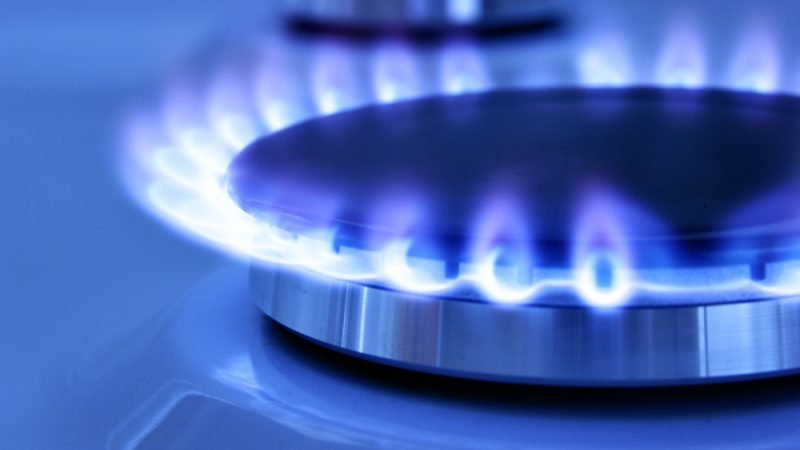Originally, European Union countries had committed to a voluntary target in 2022, aiming to slash their gas usage by 15% during winter months.
In a significant policy shift, the European Commission has urged EU member states to continue curbing their gas consumption voluntarily, marking a departure from the previously proposed mandatory reductions. This adjustment reflects a growing sense of optimism within the EU regarding the alleviation of Europe’s energy crisis.
Originally, European Union countries had committed to a voluntary target in 2022, aiming to slash their gas usage by 15% during winter months. This measure was among a series of emergency protocols implemented in response to Russia’s drastic reduction of gas deliveries to Europe, which precipitated a severe supply crunch and unprecedented price hikes.
On Tuesday, the European Commission reiterated the recommendation for countries to maintain a 15% reduction in gas consumption, drawing a comparison with the average usage recorded between 2017 and 2022. However, a provision that could have enforced mandatory cuts in the event of a supply crisis was rescinded, reflecting a shift in attitudes among EU diplomats.
Sources within the EU revealed that some member states no longer deemed the stringent policy necessary, citing a marked improvement in Europe’s energy landscape since the peak of the crisis following Russia’s invasion of Ukraine in February 2022. Notably, European nations have consistently reduced their reliance on gas, contributing to a more stabilized situation.
While few countries outright opposed the Commission’s recommendation, it is anticipated that EU energy ministers will endorse the softened stance during an upcoming meeting.
The Commission emphasized that Europe’s energy supply conditions have notably ameliorated, attributing the improvement to the substitution of Russian gas with renewable energy sources and gas from alternative suppliers. Despite these positive developments, the Commission underscored the importance of ongoing energy conservation efforts, given the persistent tightness in global gas markets and the EU’s strategic objective of reducing dependence on Russian fossil fuels.
Remarkably, the price of gas in Europe has plummeted to levels not seen in nearly three years this month, signaling a reprieve for consumers. Gas storage facilities across EU countries are currently at unusually high levels, with data from Gas Infrastructure Europe indicating storage levels at approximately 64% of capacity.
The European Commission reported a substantial 18% decline in gas usage across EU countries between August 2022, when gas prices reached record highs, and December 2023, compared to normal consumption levels. Simone Tagliapietra, a senior fellow at the think-tank Bruegel, emphasized that reductions in gas demand are influenced by various factors beyond just regulatory targets.
As Europe cautiously navigates through its energy transition, the decision to relax gas consumption targets underscores a delicate balance between addressing immediate challenges and fostering sustainable long-term energy policies.
